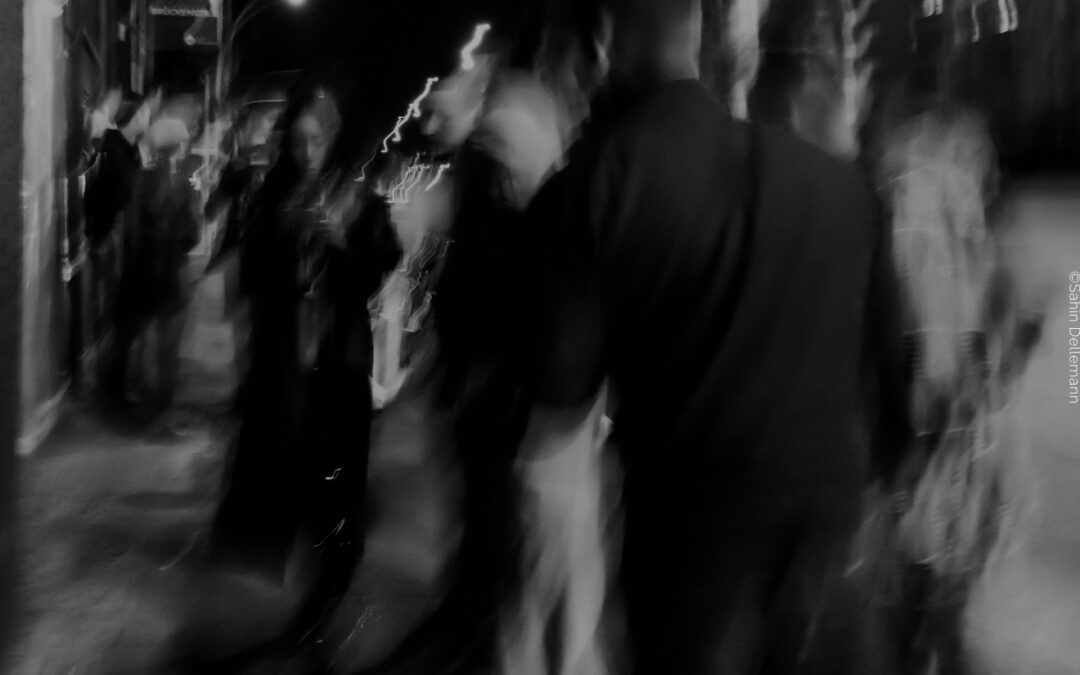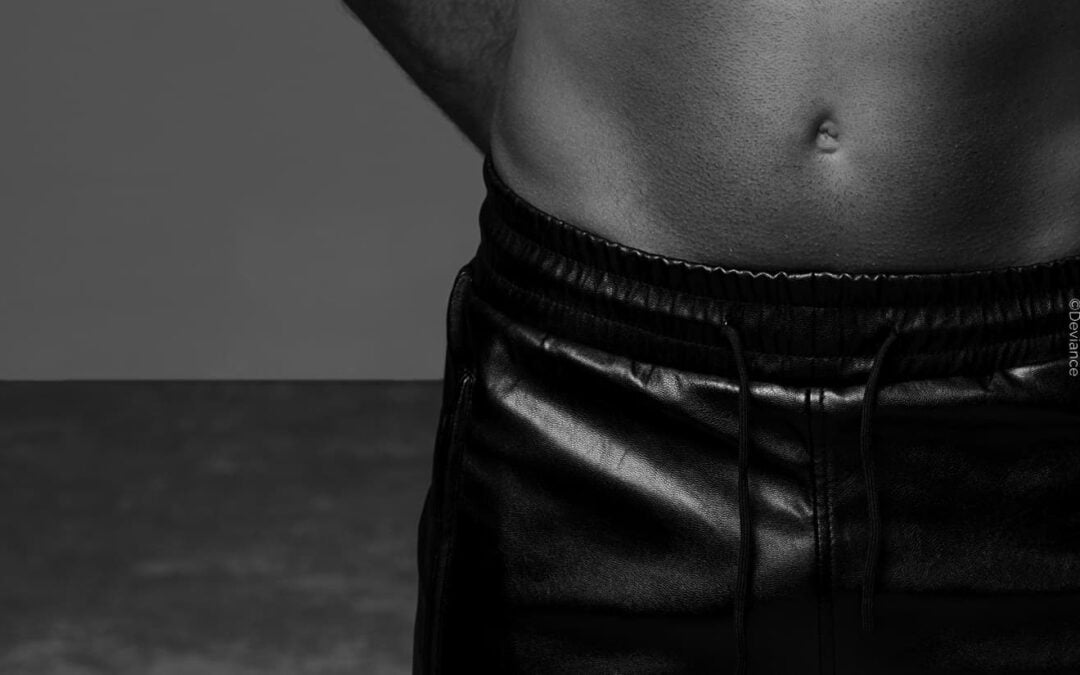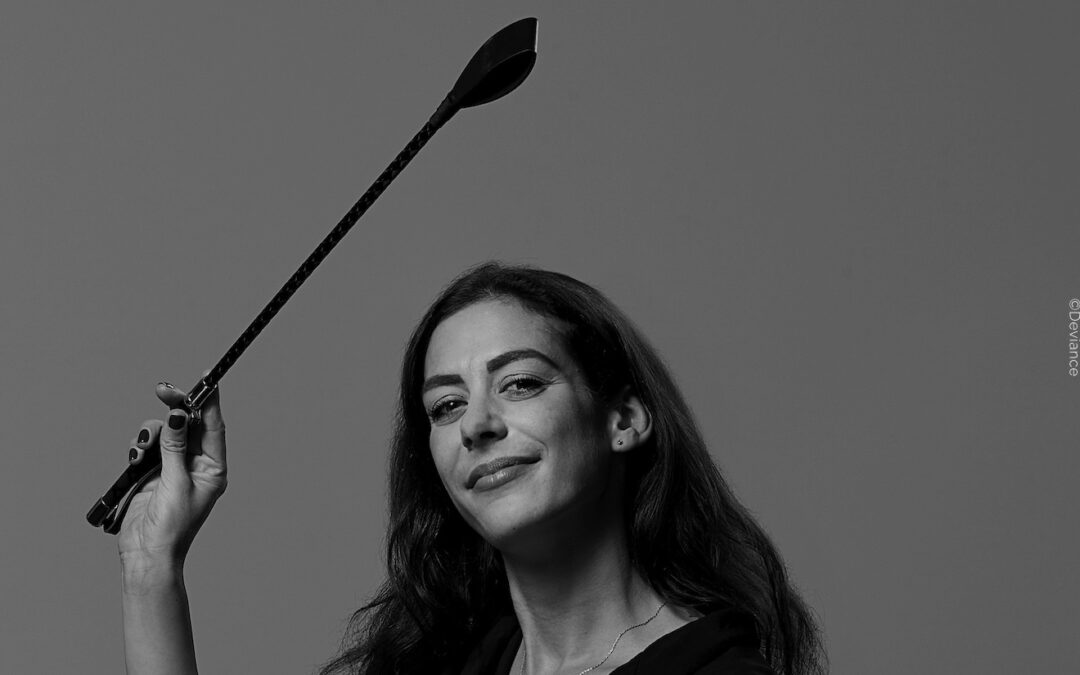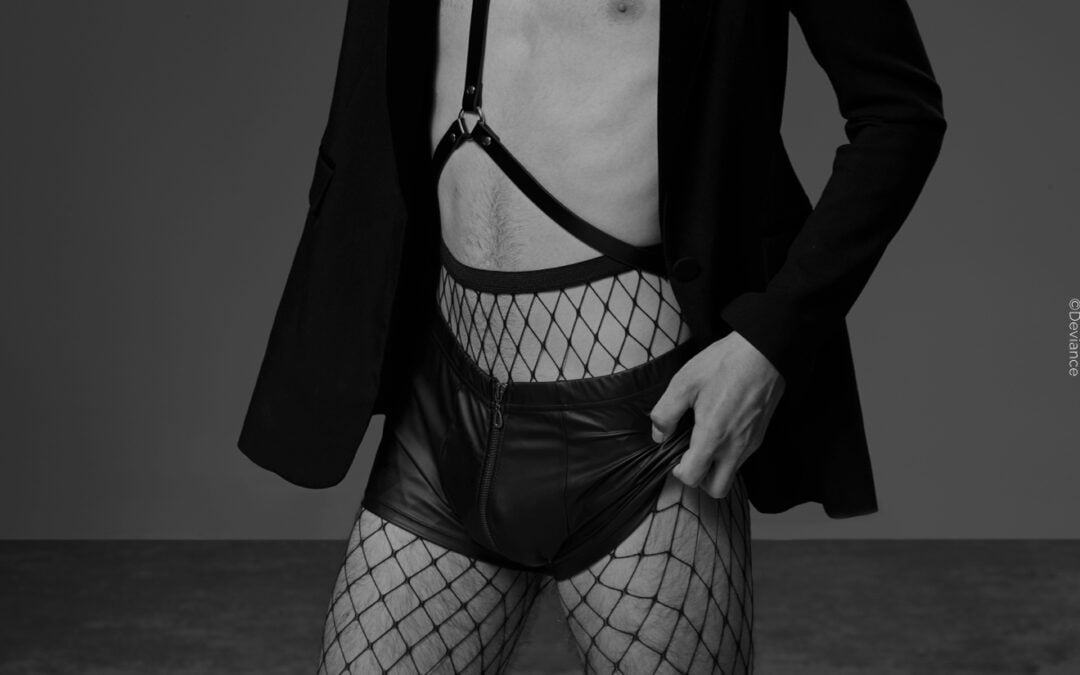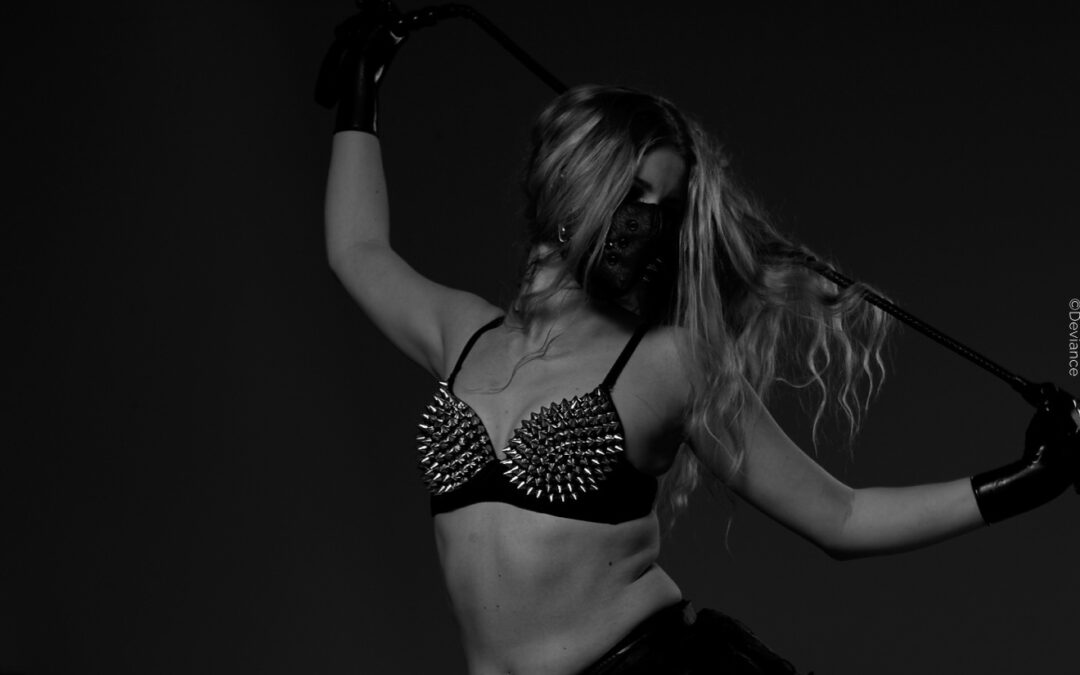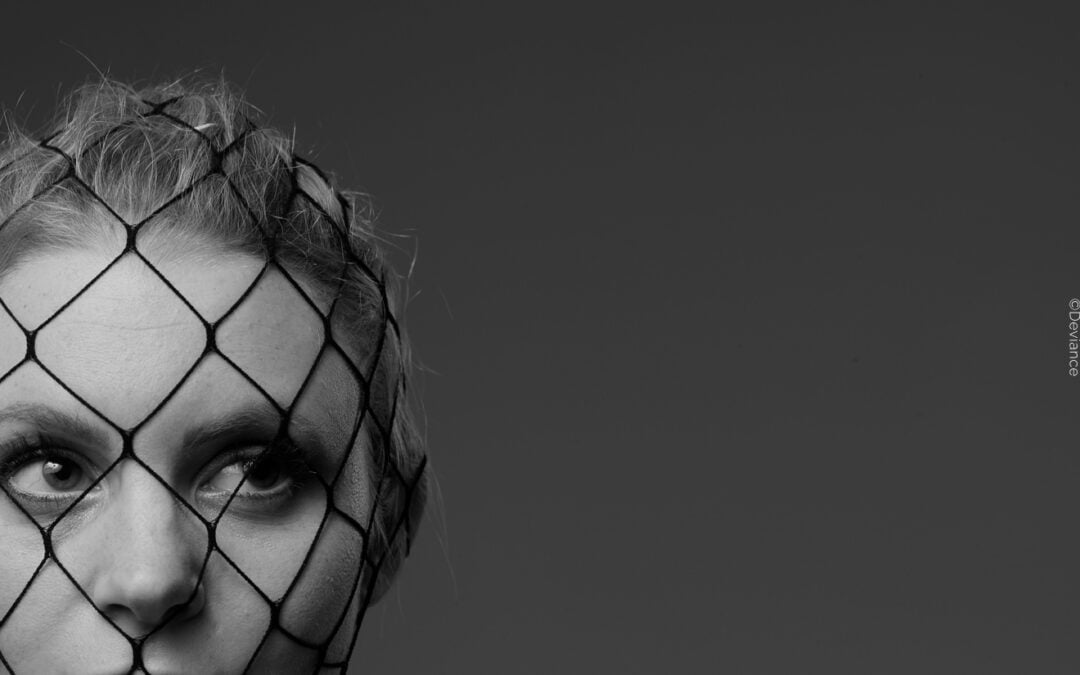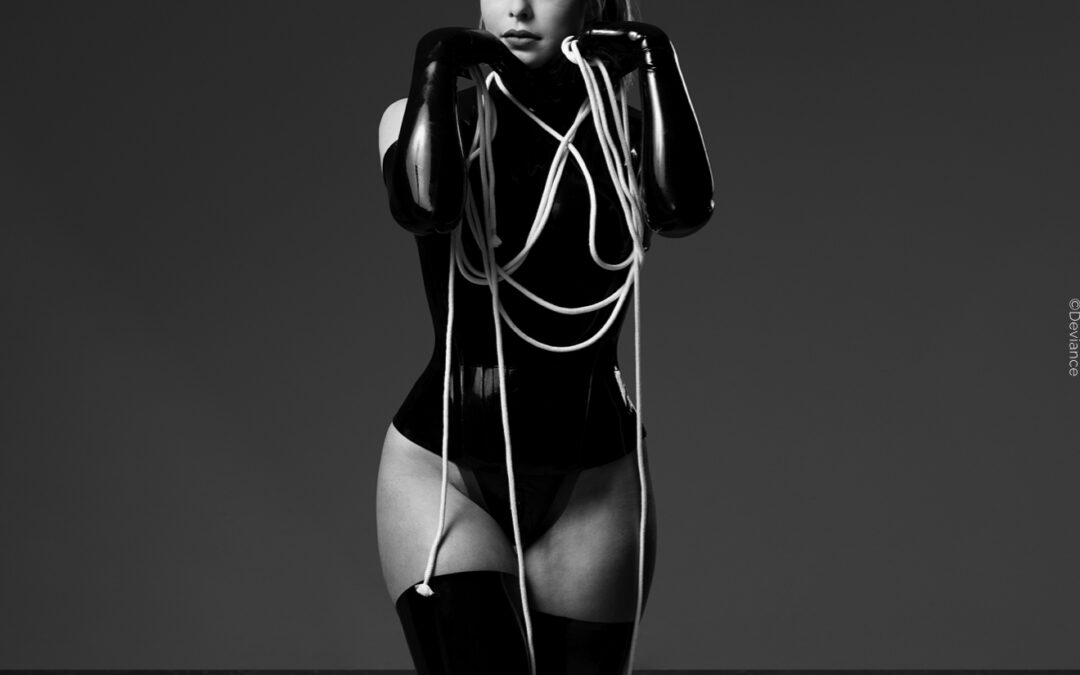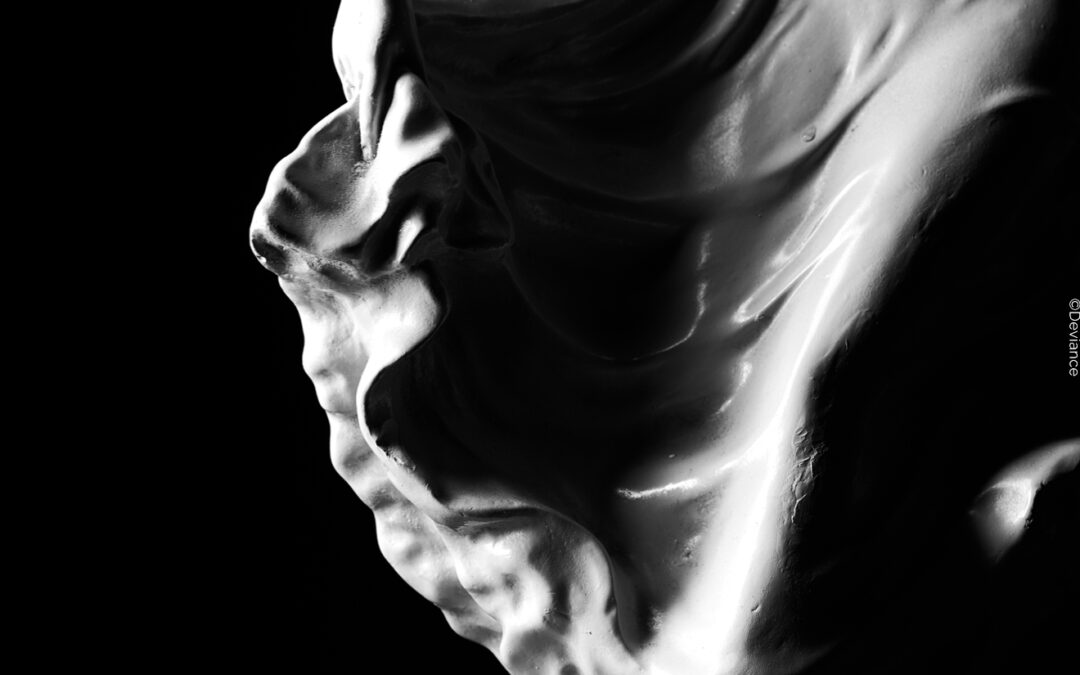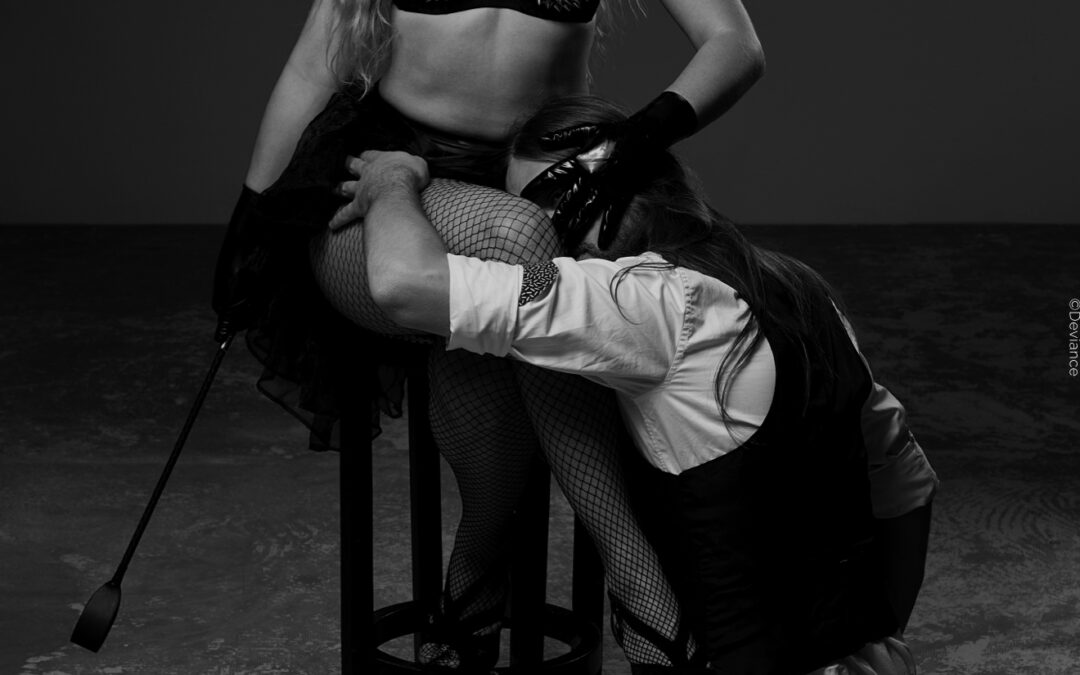What is Christopher Street Day?
Christopher Street Day, or CSD for short, is a demonstration by the LGBTQ+ community that originated in the United States. It is primarily known as a parade that takes place in various cities all around the globe on different weekends, mainly, but not only, in June and July. In Germany, the biggest events take place in the cities of Cologne and Berlin, but almost every major city can boast an event. In English-speaking countries, the term “gay pride” and “pride parades” is usually used. June is celebrated worldwide as Pride Month.
The parades are dedicated to gays, lesbians, asexuals, aromantic, trans and intersex people as well as bisexuals and other queer people and their supporters. What looks like one big party from the outside has a political mission above all: namely the visibility and integration of the LGBTQ+ community in the heteronormative majority society, the normalization of alternative lifestyles and the end of discrimination.
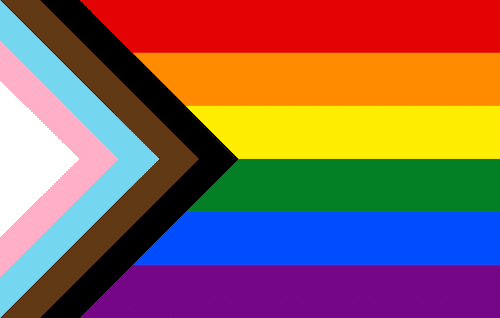
One of the flags of the Pride movement.
Source: Wikimedia Commons .
Origin of the CSD
The origin of CSD (Christopher Street Day) is rooted in the uprising of homosexuals and other societal minorities against police oppression in New York. In the early hours of June 28, 1969, the Stonewall riots began in Christopher Street, Greenwich Village, named after the bar “Stonewall Inn.” The backdrop to this event was regular, often violent police raids on bars frequented by homosexuals, as homosexuality was illegal until 2003. African American and Latin American individuals with homosexual inclinations were particularly frequent victims of abuse and arbitrary arrests during these raids.
The law to which these raids applied was also one that specifically prohibited cross-dressing. So it was not just about homosexual orientation but also about queer gender identity. That evening, drag queens, black trans people and Latinxs (in particular) fought back against this injustice. There were battles with the New York police that lasted for days.
History of Christopher Street Day
One year later, on the first anniversary of this uprising, the “Christopher Street Liberation Day Committee” was founded. Since then, Christopher Street Liberation Day has been celebrated annually in New York on the last Saturday in June, commemorating the events with a street parade. In a November 1970 issue, the German newspaper FAZ reported on the parade in a rather critical tone, but omitted any reference to its origins a year earlier and the police attacks on queer people:
[…] With silken banners and defiant placards, a peculiar parade recently marched through New York. […]
FAZ: ‘Aufstand der Homosexuellen’ – Vollständiger Abdruck auch in ‘Over the Rainbow. Ein Lesebuch zum Christopher Street Day’. MännerschwarmSkript, Hamburg, 2001, Seite 9.
Hrsg.: Detlef Grumbach.
When did we in Europe start celebrating CSD?
In Europe, the reference to the birth of CSD, the “Stonewall Riots”, only became public eight years later. All of a sudden, the euphoria for CSD really took off in Europe. What had previously been perceived by the public as a fun parade now became an event designed to raise awareness in the fight for equal rights. Numerous organizations and associations begin to bring Christopher Street Day to our cities. The main focus is now on raising awareness of the rights of queer people and drawing attention to alternative lifestyles.
On June 30, 1979, “Schwule Aktion Bremen,” “Schwule Aktion Köln” (in collaboration with the Gay Liberation Front), and “Homosexuelle Aktion Westberlin” organized the first events under the CSD framework, known as “Gay Pride International – Schwuler Karneval” and “Gay Freedom Day.” In Stuttgart, a demonstration with approximately 400 participants took place. However, there was no uniform structure yet. In Bremen, Gay Pride International took the form of a demonstration from the main train station to the marketplace, while Cologne featured an evening event with films, information booths, and a dance party. Austria’s first CSD event occurred on June 26, 1982, with a torchlight parade. Since June 1996, the Christopher Street Day has been held in Vienna under the name “Regenbogenparade” (Rainbow Parade).
In all events across Germany, the demand for the abolition of Paragraph 175 and the reduction of discrimination was paramount.
Paragraph 175 of the German Criminal Code (StGB) existed from January 1, 1872 (when the Imperial Penal Code came into force) until June 11, 1994. It criminalized sexual acts between persons of male sex.
Christoper Street Day in Europe
Pride parades now take place throughout the summer in Belgium, Bosnia and Herzegovina, Croatia, the Czech Republic, Denmark, Finland, Estonia, France, Latvia, Lithuania, the Netherlands, Norway and Poland. They also take place in Romania, Serbia, Slovakia, Spain, Sweden, Switzerland, Greece, Ireland, Italy, Hungary and the United Kingdom.
The continued importance of these events can be seen in several negative examples of tolerance towards the LBGTQ+ community in Europe, such as the anti-trans sentiment in the UK or the legislation in Hungary, where homosexuals and bisexuals are relatively protected, but the rights of trans people are increasingly being curtailed.
Christopher Street Day in Eastern Europe: why pride and solidarity are so necessary
Another major negative example is found in Poland. In 2004 and 2005, the Warsaw city administration banned the event. In 2006, due to the high attention these bans drew across Europe, several celebrities announced their support by attending. In response, the Polish government reacted when Wojciech Wierzejski called for using batons against these supporters.
In 2007, Poland was found guilty by the European Court of Human Rights for fundamentally violating the right to freedom of assembly in relation to the bans on the Pride events in Warsaw.
After a few calm events, the situation came to a head in 2019 when a demonstration of queer people in Bialystok in eastern Poland was attacked by right-wing extremists and hooligans from the soccer scene.
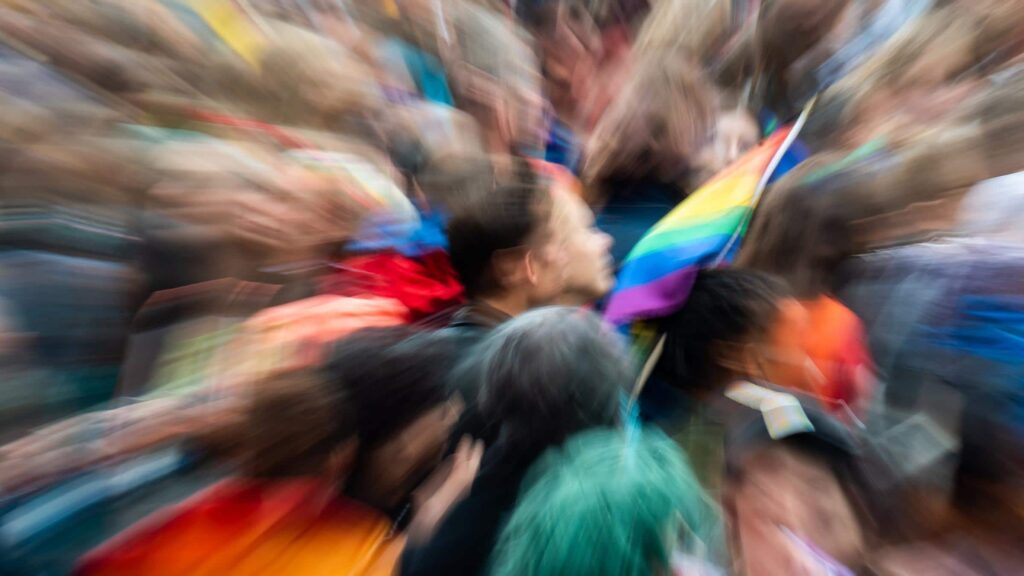
A demonstration by homosexuals. Symbolic image
Source: Peter Kneffel/dpa
The 800 or so LGBTQ+ demonstrators were pelted with bottles, paving stones and firecrackers. As if that wasn’t shameful enough, Polish President Andrzej Duda followed up during his election campaign by saying:
“LGBT is not people, it’s an ideology. even more destructive than Soviet ideology.”
The reaction from the population was an even greater disappointment for tolerance and acceptance. Around a third of Poland declared itself an “LGBT-free zone”. The organization “Atlas of Hate” published a map on which these zones were marked to illustrate the dramatic extent to which hatred of queer people has reached in Poland.
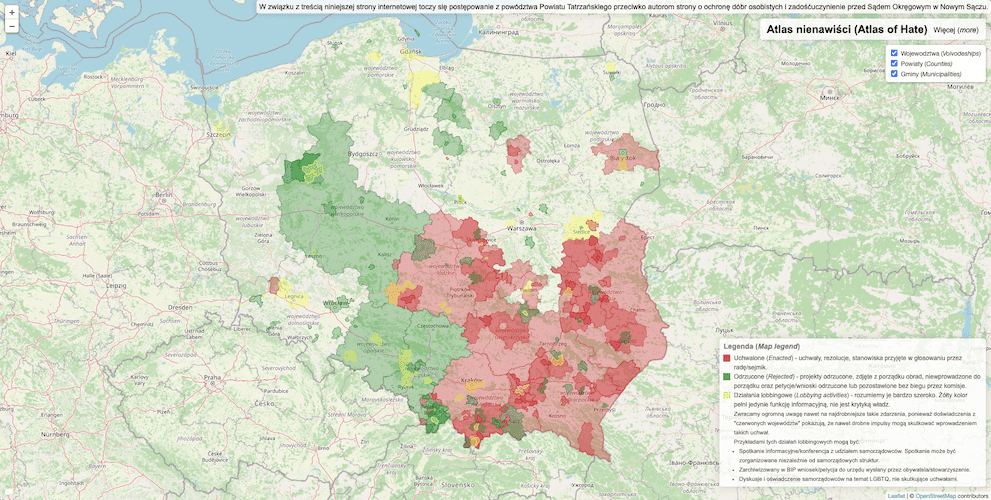
This map illustrates how significant the rejection of the LGBTQ+ community is in Poland.
Source: Screenshot https://atlasnienawisci.pl/
Not only in Poland and Eastern Europe…
As if all this wasn’t sad enough, we are currently seeing this development in more and more Eastern European countries. Instead of taking the desired steps forward, some governments are explicitly taking a backward stance and threatening the freedom and physical integrity of the queer community in their countries.
However, even in Western Europe, the rainbow does not always shine everywhere. In the German-speaking region, there is currently massive resistance, even outright attacks, against the concept of gender-neutral language. Recently, the German Bundestag voted against the so-called Self-Determination Act, which was supposed to significantly facilitate the path for trans people. Even within the Greens, a party known for its LGBTQ+ friendliness and which proposed one of the two legislative drafts, transphobic positions are repeatedly expressed, even at party conventions. In the UK, there is a veritable campaign of hate against trans people.
CSD is only for homosexuals? Wrong.
And that’s exactly why it’s good, important, valuable, and the right thing to celebrate Christopher Street Day. Whether queer, trans, bi, homo- or asexual, straight, BDSM practitioner or vanilla, we should all show up at Pride Parades, Christopher Street Days, or “gay carnival” events whenever we have the opportunity to express our support.
Because it is no longer just about showing that homosexual, queer and trans people exist, no longer just about commemorating a dramatic case of arbitrariness, police violence and discrimination from the past. It is about the here and now.
We all have a duty to stand up for the rights that we enjoy here but are trampled on in other countries. That we show our siblings and non-binary people from the LBGTQ+ community that even if we don’t share their orientation, sexuality or identity, we are there for them and we will defend their rights.
This privilege should not be a privilege. It should be a given.
